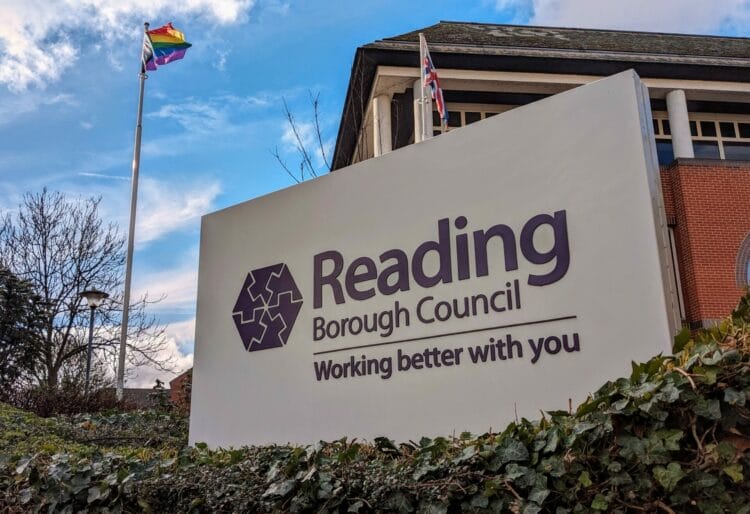Reading Borough Council has been quizzed over its support for those suffering from mental health disorders following the release of statistics that show people with ADHD are five times more likely to take their own lives.
The council’s health and wellbeing board were confronted with stark figures as they were questioned by Jamie Gordon, an ambassador for ADHD UK in Reading.
At the meeting on March 15, he said: “My question relates to Attention Deficit Hyperactivity Disorder, the lack of post diagnostic support for individuals with ADHD, and the wait time from when a person firsts speaks to their GP about ADHD until they receive confirmation of an ADHD assessment.
“One-quarter of women with ADHD have tried to take their own life.
“One in 10 men with ADHD have tried to take their own life.
“It is believed that 25% of adults in the criminal justice system have ADHD compared to 2.5 adults in the general population.
“In Berkshire there is a three-year waiting list from when an adult or child discusses ADHD with their doctor to when they are granted an assessment
“If someone is coming to Berkshire from elsewhere in the country, there is an additional two-year waiting list for a medication review that determines whether your original diagnosis is recognised or not.
“It is a similar story for those who chose to go for a private assessment.”
Mr Gordon asked whether the council is aware of these problems, what it is doing to raise awareness of these issues, and if anything is being done to tackle the three-year waiting lists for ADHD assessments amongst adults and childre?.
His question was answered by Ruth McEwan (Labour, Church), lead councillor for health.
For children and young people with ADHD, 10% were waiting more than two years, with the average wait being 104 weeks.
For adults seen from 2023/24 to date, the majority seen (59%) had a wait of between two and three years, with 33% waiting less than two years.
However, 8% waited longer than three years.
Cllr McEwan said: “The system is very aware of the issues affecting ADHD services.
“Referrals have long outstripped the service capacity and this has resulted in large numbers waiting and long waits.
“This is a national picture with services across the country facing similar pressures and waits being measured across the country in years.
“This has combined with additional pressures from Covid-19 and a national shortage of qualified staff.”
Despite the pressures, Cllr McEwan relayed that work undertaken locally to improve the service included easing the transition from child service to adult service, reducing waits for annual medication reviews and offering weekend clinics for the children’s ADHD service.
























